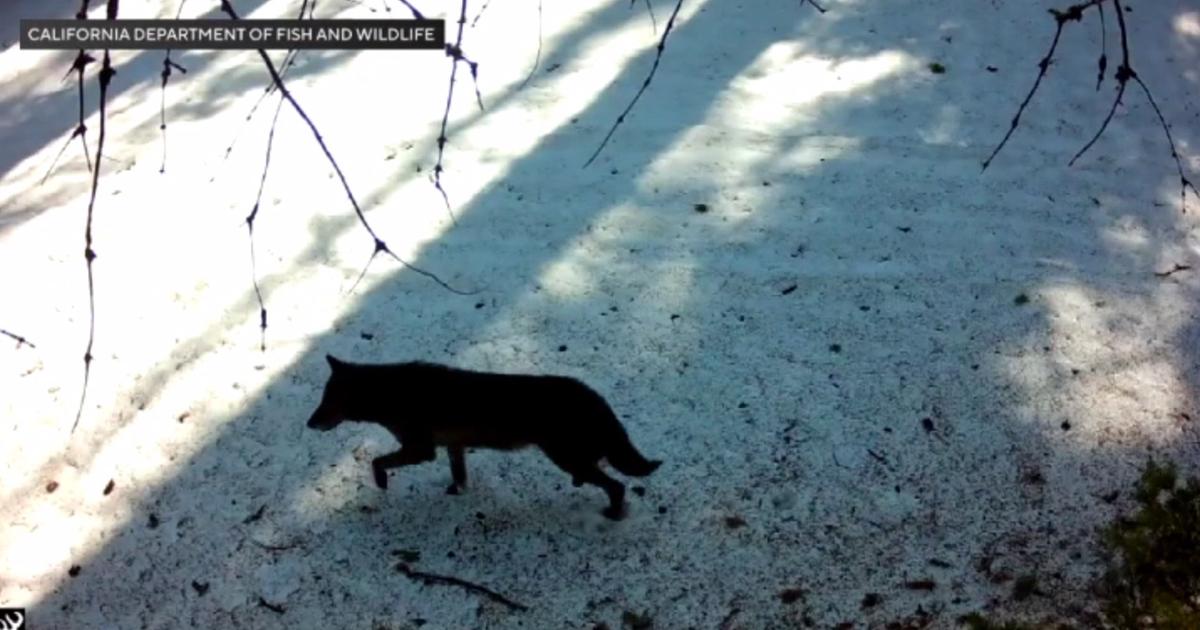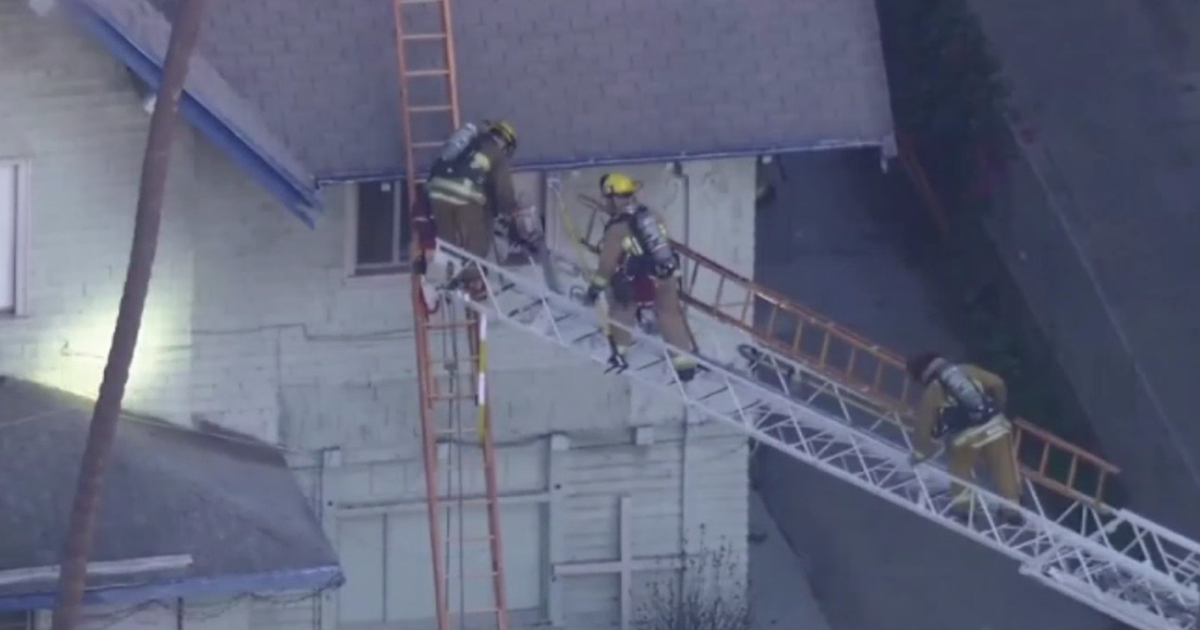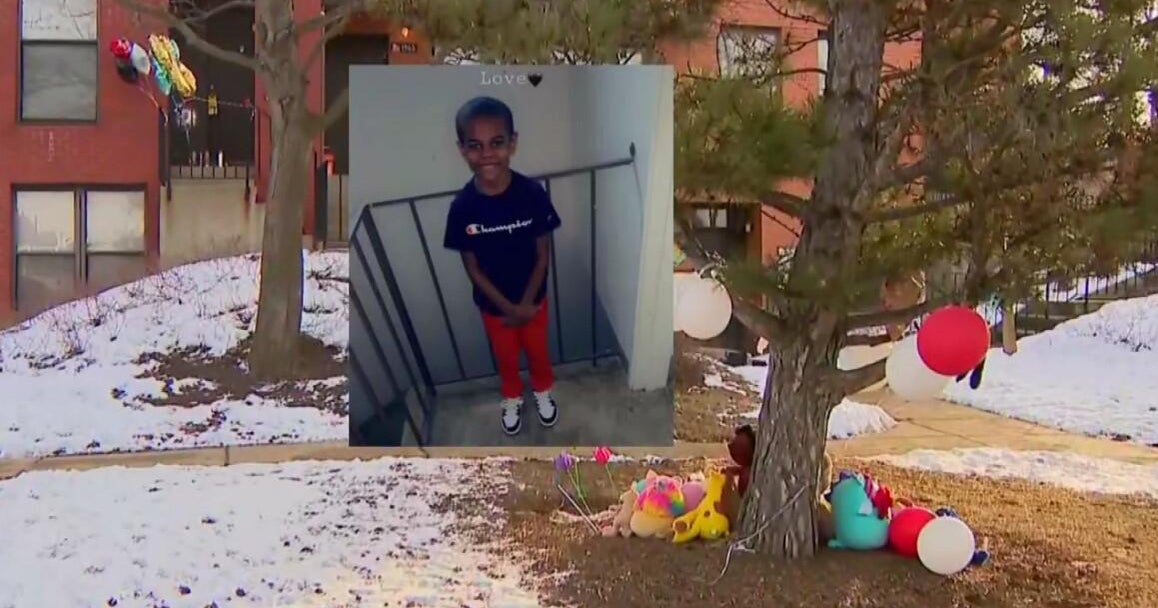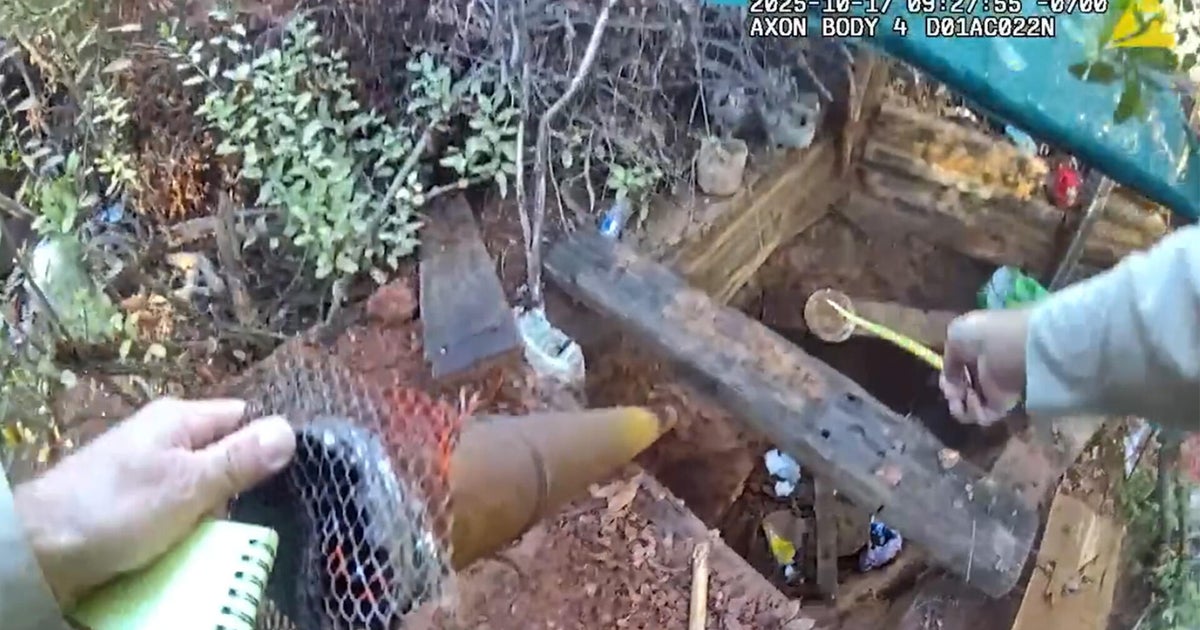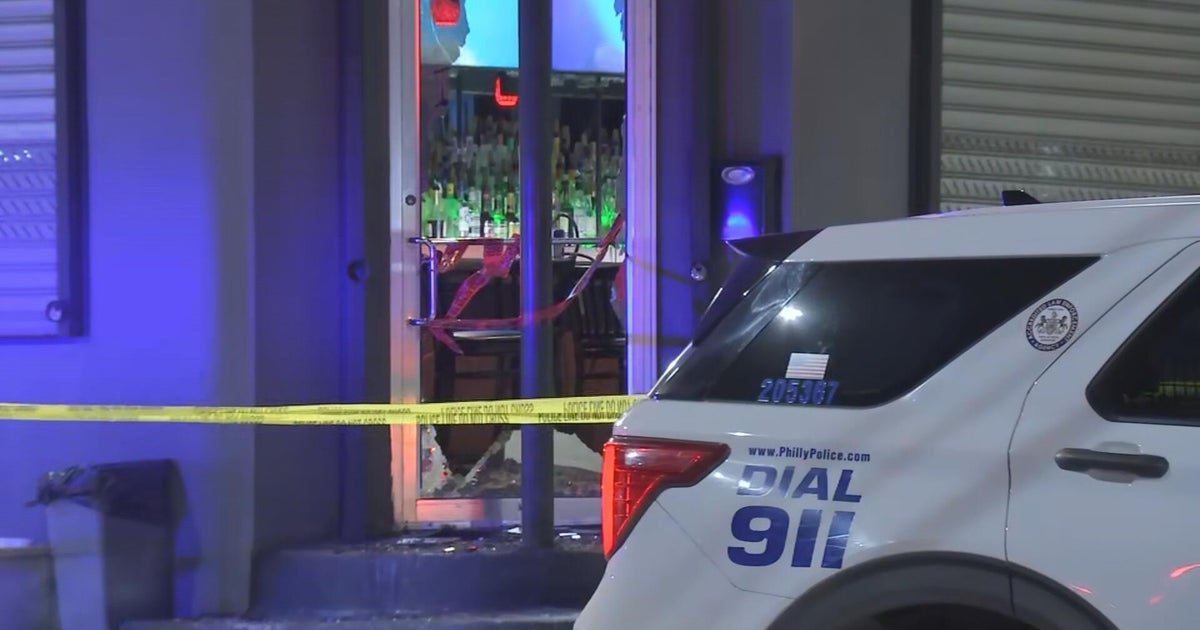Official: Vernon Lead Cleanup Plan Slow, Ineffective
VERNON (CBSLA.com) – Los Angeles County Supervisor Hilda Solis blasted a cleanup plan released by state officials for neighborhoods surrounding the shuttered Exide battery-recycling plant in Vernon, saying the plan moves too slowly and will leave thousands of residents exposed to dangerous levels of lead.
"This community has suffered enough, not only at the hands of Exide, but at the hands of the California Department of Toxic Substances Control, which allowed Exide to operate on a temporary permit for 33 years," Solis said Monday. "The DTSC's final cleanup plan ignores many of the reasonable concerns raised by the community members."
Last week, DTSC released its cleanup plan, saying about 2,500 properties with the most contaminated soil will be targeted in the cleanup effort that will take two years.
The Exide plant permanently closed in March 2015.
When Exide agreed to close the lead-acid battery recycling plant, it committed to pay $50 million for cleanup of the site and surrounding neighborhoods. Of that amount, $26 million is meant to be set aside for residential cleanup.
Last year, Gov. Jerry Brown signed legislation providing $176.6 million in funding for environmental testing and cleanup work in neighborhoods surrounding the now-shuttered plant, with the testing expected to cover about 10,000 properties.
Last month, CBS2 learned that most of that money remained unspent and only a handful of homes had been cleaned up.
DTSC officials said they ultimately plan to hold Exide and any other parties responsible for the contamination financially liable for the testing and cleanup.
According to DTSC, the cleanup effort will be conducted at properties within 1.7 miles of the plant, prioritizing:
-- Homes with soil lead concentrations of 400 parts per million or higher.
-- Residential properties with the overall lead concentration is less that 400 parts per million, but where any individual soil sampling was determined to have a concentration of 1,000 ppm or higher.
-- daycare and child care centers with soil lead concentrations of 80 ppm or higher that have not yet been cleaned.
-- All parks and schools in need of cleaning.
Additional properties could be cleaned if funding is available, officials said.
Solis and county Public Health officials called the DTSC's cleanup plan ineffective, saying it will not identify all the properties in need of expedited cleanup. They accused the state agency of ignoring recommendations from the county and residents.
They also contend the cleanup plan for the interior of homes doesn't offer assurances that the homes will be safe to occupy, since lead can still be tracked in from the outside.
DTSC officials insisted, however, that the cleanup plan shows the agency's "strong commitment to protecting the health of those who live in these communities."
"This cleanup plan is the result of more than a year of effort and community input," said Mohsen Nazemi, deputy director for DTSC's Brownfields and Environmental Restoration Program. "We held three public meetings to solicit comments and had an extended comment period. We received about 1,000 public comments, which we carefully reviewed and considered in the final document.
In response to the public comments we received, DTSC adjusted the prioritization process to streamline it in a manner that continues to protect the health of residents at properties with the highest levels of lead in soil and the greatest risk of exposure to that lead," Nazemi said.
Regarding concerns over the timing of the cleanup, DTSC officials noted that cleanup operations were suspended last summer when concerns by residents and legislators led to a full environmental review, and the preparation of an environmental impact report that has been in the works ever since.
Barbara Ferrer, director of the Los Angeles County Department of Public Health, said the two-year process to clean 2,500 properties "does not reflect the urgent risks that lead contamination poses to the people in these communities."
(©2017 CBS Local Media, a division of CBS Radio Inc. All Rights Reserved. This material may not be published, broadcast, rewritten, or redistributed. Wire services contributed to this report.)
